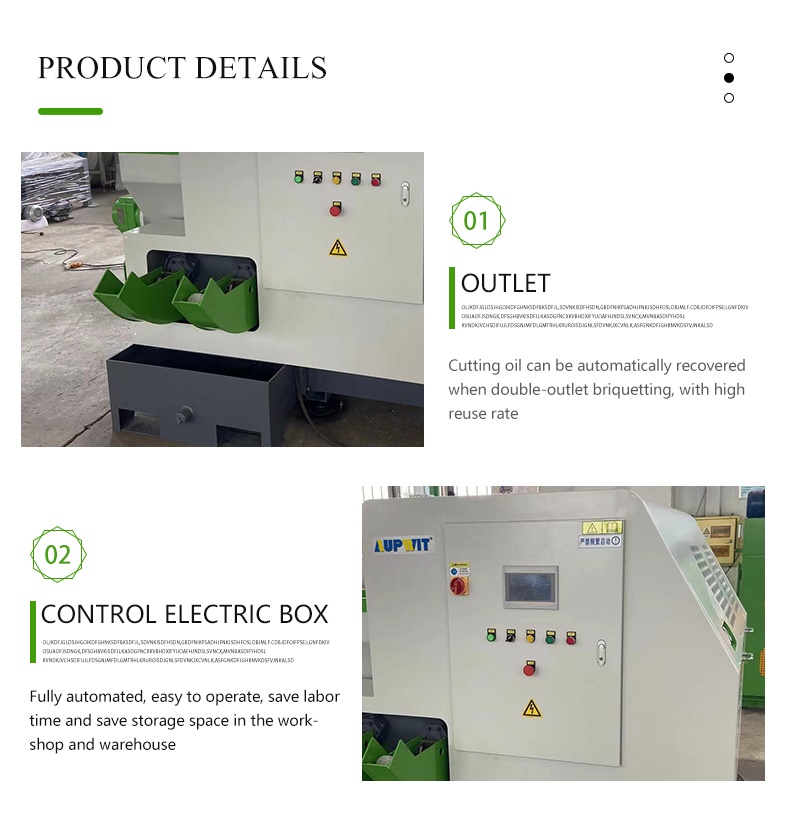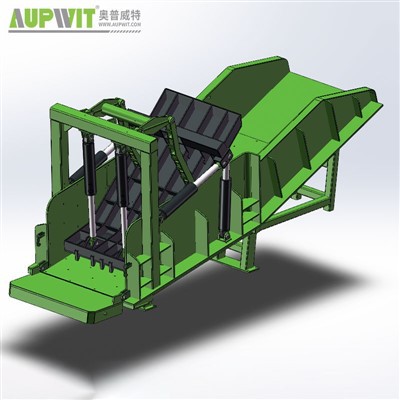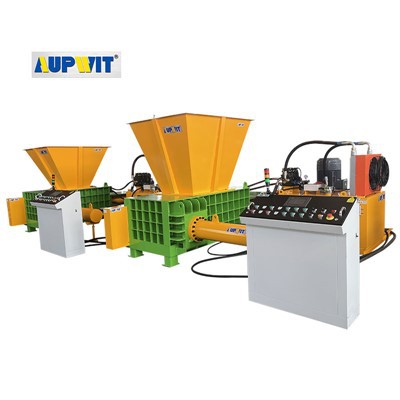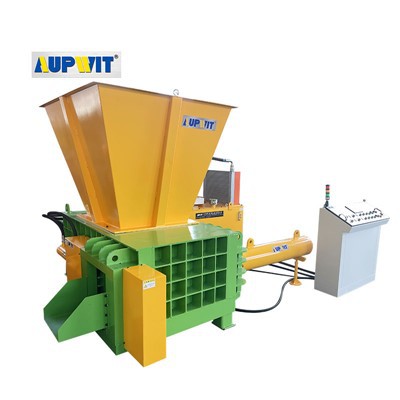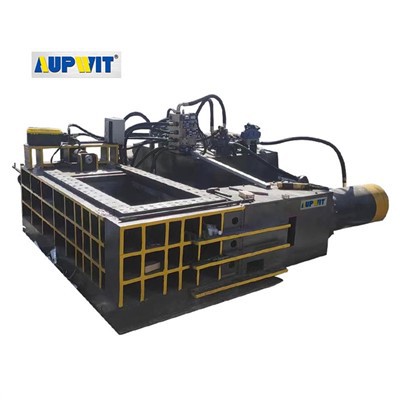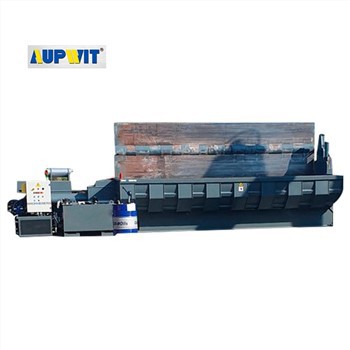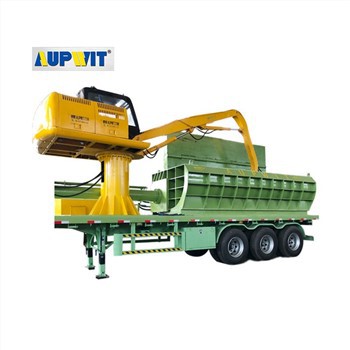The need for preheating in a briquetting press depends on the type of material being processed and the briquetting technology used. Here’s a detailed breakdown:
1. Biomass Briquetting Presses (Screw & Hydraulic Types)
-
Screw Press Briquetters: Most biomass screw presses require preheating (typically 250–300°C) before operation. The heated die softens the lignin in biomass (e.g., sawdust, straw), acting as a natural binder for better compaction.
-
Hydraulic/Piston Presses: These usually do not require preheating since they rely on high pressure alone. However, some models use heated dies to improve briquette quality.
2. Metal Briquetting Presses
-
No preheating needed—these machines use extreme hydraulic pressure (up to 300+ tons) to compress metal chips/swarf into dense briquettes without heat.
3. When is Preheating Necessary?
-
For Biomass: If using a screw press, preheating is essential for proper binding.
-
For High-Moisture Materials: Pre-drying (not preheating) may be needed to reduce moisture below 10-12%.
-
For Binderless Briquettes: Heat helps activate natural binders (lignin).
4. Preheating Process
-
Electric or Gas Heating: The die is heated for 15–30 minutes before feeding material.
-
Temperature Control: Must be regulated to avoid overheating (which can damage the machine) or underheating (leading to poor compaction).
5. Machines That Don’t Need Preheating
-
Mechanical/Piston Presses (for biomass)
-
All Metal Chip Briquetters


